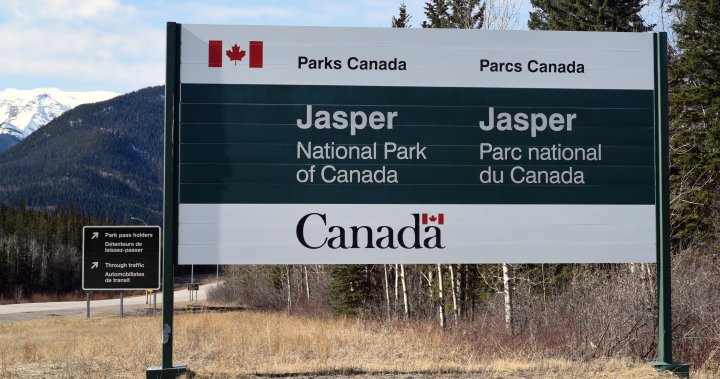The town of Jasper in Alberta is hopeful that cool weather and rain will help bring a wildfire under control so that the recovery process for the tourist hub can begin. However, as Canada faces another year of above-normal wildfire activity, many in the tourism industry are questioning if it is worth it to continue operating. The 2023 wildfire season was the worst ever recorded, with roughly 18.5 million hectares of Canadian land burned. Tofino, a major tourist destination in British Columbia, saw the effects of the fires as well, with many bookings being canceled due to the devastation in Jasper.
The CEO of the Tourism Industry Association of Canada, Beth Potter, noted that climate change and the increase in extreme weather events are now being factored into business decisions in the tourism industry. Emergency preparedness plans have been put in place to ensure visitor safety, as extreme events can have a significant impact on tourism businesses. The tourism industry in Canada generated $113 billion in 2023 and supported one in ten jobs in the country. Wildfires have already cost Canadians hundreds of millions of dollars a year, with some of the costliest weather events in Canada’s history being wildfires.
In addition to the financial costs of extreme weather events, the tourism industry also takes a hit as news of these events makes headlines around the world. International tourists may not understand that a fire in one part of the country does not mean the entire country is closed for business. The industry is working to ensure that Canada remains a desirable destination for summer vacations, business events, and travel despite the presence of extreme weather events. Efforts are being made to highlight the resilience of tourist hubs and promote tourism throughout the country.
The warming climate also poses challenges for Canada’s winter sports industry, with ski resorts having to rely more on machine-made snow. The industry is being forced to diversify its offerings and experiences, taking advantage of Canada’s geographic diversity and creating new products and services. This could mean attracting visitors at different times of the year to disperse tourism across more months. The conversation about building resilience in tourist hubs, like Tofino, needs to involve all levels of government and the industry taking proactive steps to adapt to changing weather patterns.
Overall, the tourism industry in Canada is facing challenges due to the increasing frequency of extreme weather events caused by climate change. These events not only have financial implications but also affect the reputation of the industry on a global scale. Efforts are being made to ensure the safety of visitors, adapt to changing weather patterns, and promote the resilience of tourist hubs across the country. By working together with government and industry stakeholders, the tourism industry is striving to overcome these challenges and continue to attract visitors to Canada.













